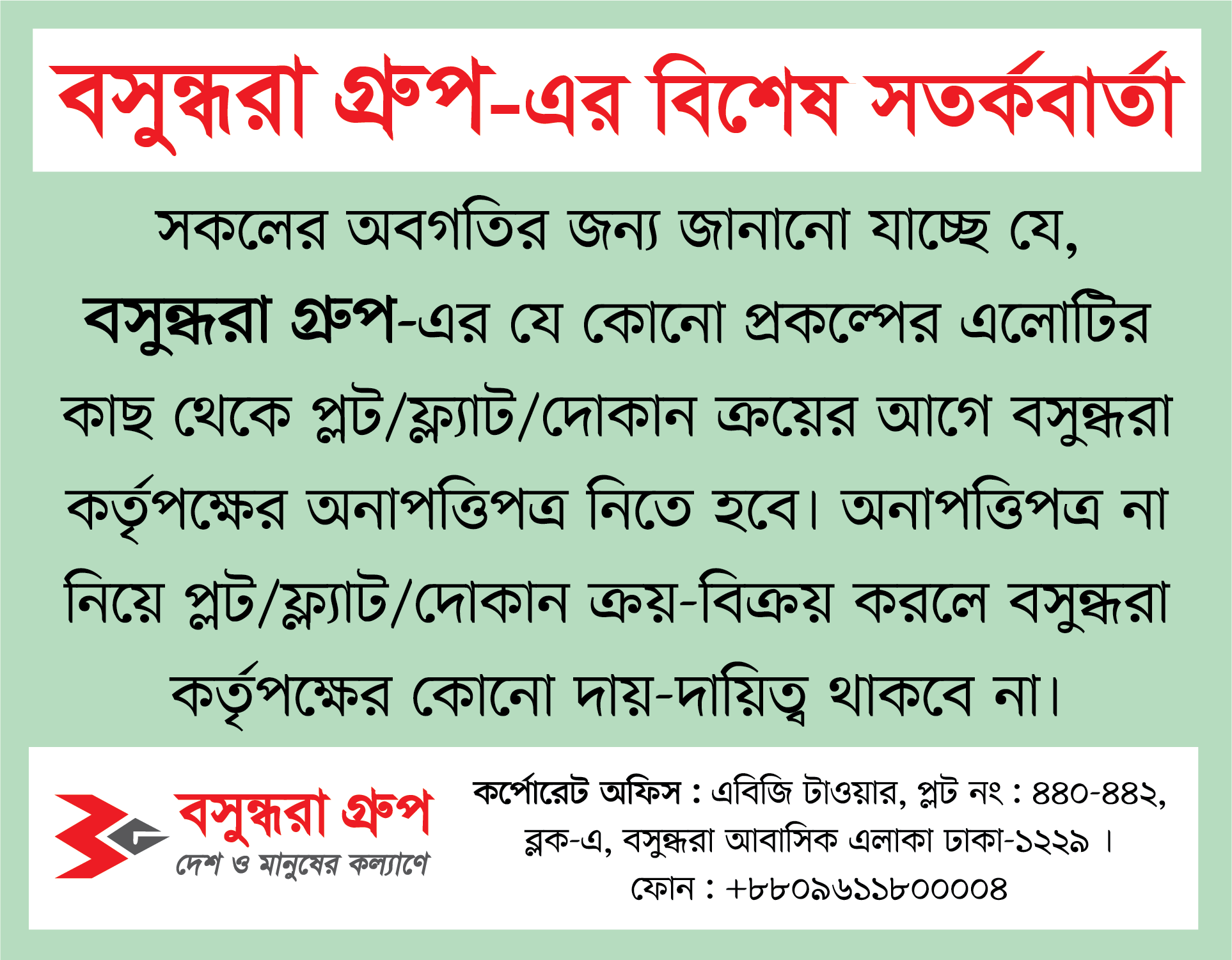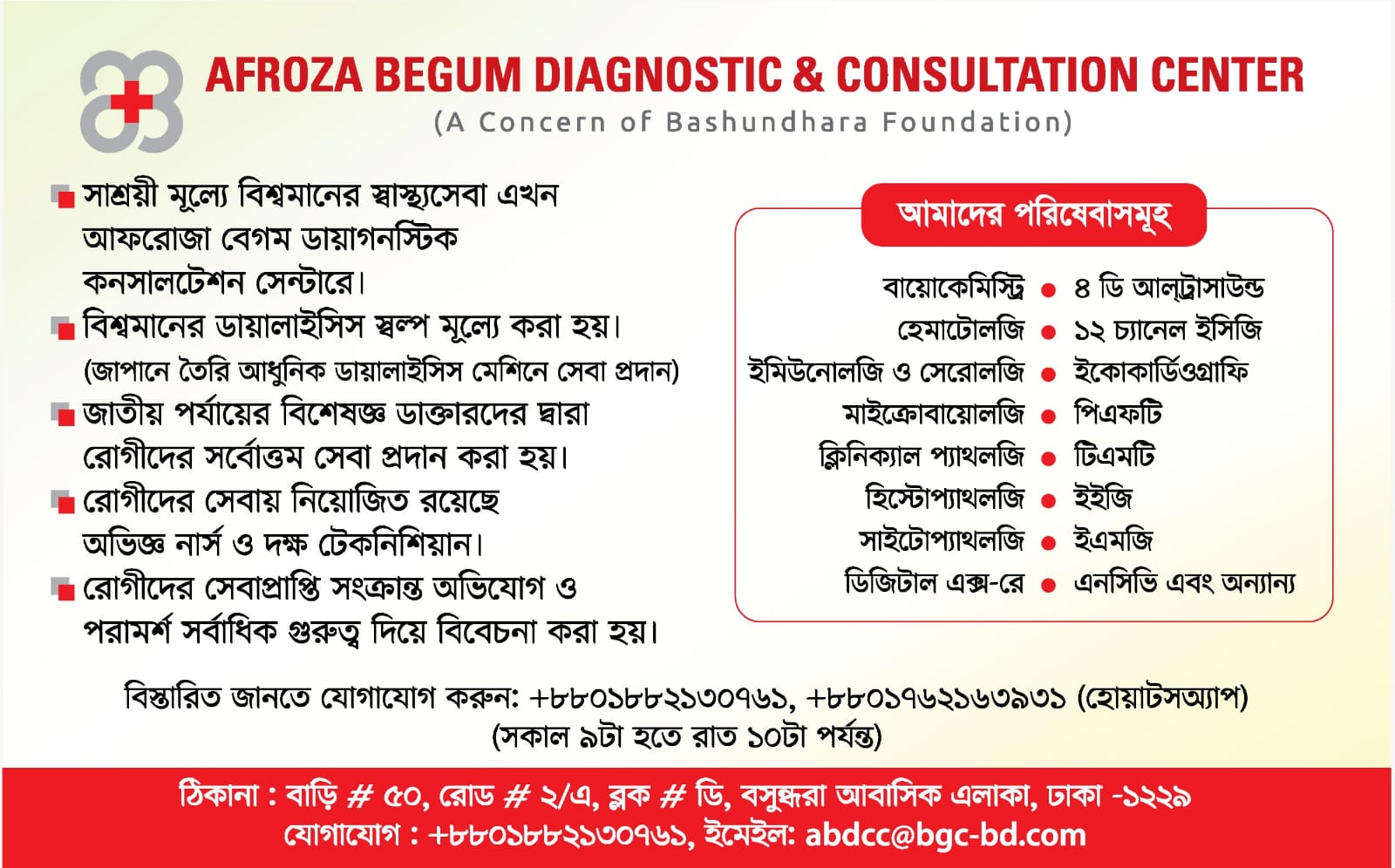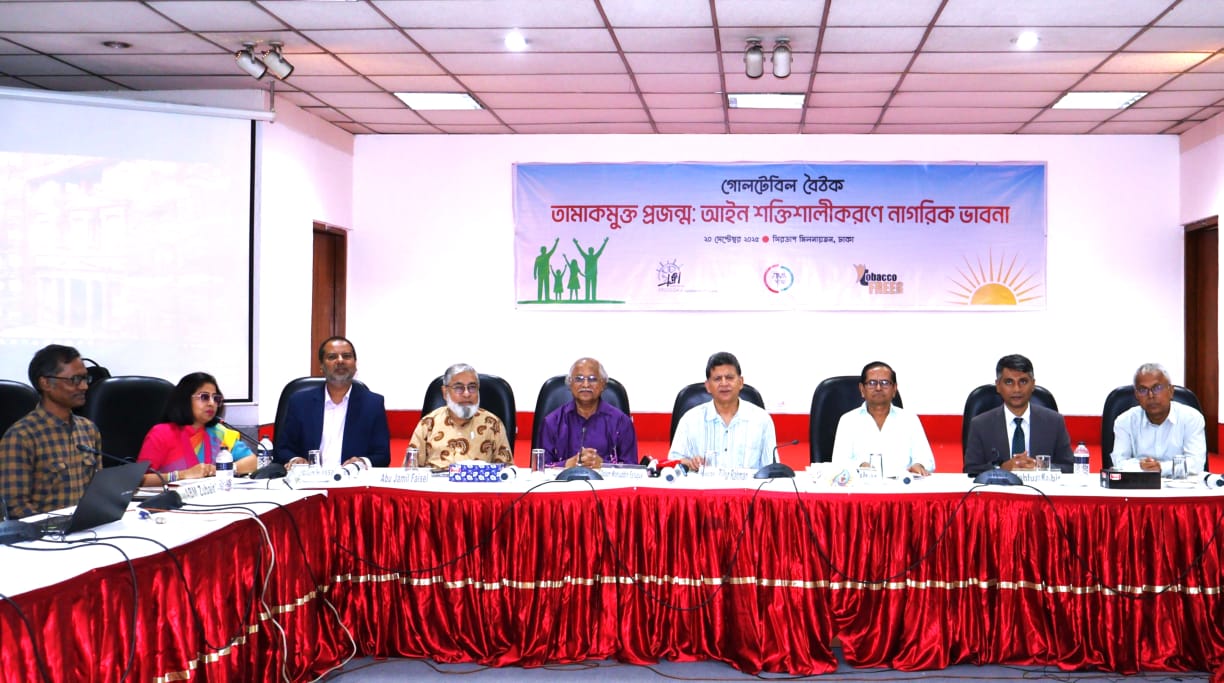
Staff Reporter : Tobacco works as a major impediment towards achieving Sustainable Development Goals (SDGs) in Bangladesh. In particular, tobacco frustrates SDG Target 3.4 which is to reduce premature mortality from non-communicable diseases (NCDs) by one-third within 2030. In Bangladesh, 71% of all deaths are attributed to non-communicable diseases, including cardiovascular diseases and cancer, with tobacco use being a major contributing factor. On average, tobacco claims the lives of 442 individuals every day. With a view to achieving SDGs and preventing such massive loss of lives and building a tobacco-free generation, there is no alternative to strengthening tobacco control law. Experts said this today (20 September 2025, Saturday) during a roundtable titled “Building a Tobacco-Free Generation: Citizens’ Perspectives on Strengthening TC Law”, organized jointly by PROGGA (Knowledge for Progress) and Anti-Tobacco Media Alliance (ATMA) held at CIRDAP Auditorium, Dhaka.

It was informed during the roundtable that Bangladesh is home to nearly 50 million young people aged between 15 and 35. To safeguard this vast demographic from the harms of tobacco, it is imperative to adopt a robust, industry-interference-free tobacco control law and ensure its strict enforcement.
Speakers also said that tobacco works as a barrier to achieving all major sustainable development goals, such as Good Health, Poverty Reduction, Food Safety and Sustainable Agriculture, Quality Education, Gender Equality, Conservation of Environment and Climate; thus, potentially hindering the realization of SDGs within 2030. Considering the devastating impact of tobacco, the Ministry of Health and Family Welfare took the initiative to amend the Smoking and Tobacco Products (Control) (Amendment) Act, 2013 in 2021. The draft is currently being revised by a high-powered Advisory Committee, formed through a gazette notification in 2024. However, tobacco companies are persistent in their attempt to interfere in the amendment process. Speakers urged the government to ensure quick passage of the amendment and not to get misled by ill tactics of the tobacco industry.

In his speech as the chief guest of the event, Dr. Hossain Zillur Rahman, former caretaker government adviser and prominent economist, said, “The harms of tobacco are multifaceted. Since the current government is undertaking reforms in many sectors, the amendment of the tobacco control law would be a signature reform for the government.”

Professor Dr. Golam Mohiuddin Faruque, President, Bangladesh Cancer Society (BCS) who conducted experience-sharing session of tobacco-induced cancer victims, said, “We have listened to the woes of the victims. We do not want to hear such dreadful experiences anymore. To safeguard the future generation, the draft amendment of the tobacco control law needs to get the nod as soon as possible.”
Dr. Abu Jamil Faisel, public health expert and president-elect of Public Health Association, said, “There is no alternative to strengthening tobacco control law to deal with the prevalence of NCDs. I urge the government to ensure quick passage of the amendment.”
Abu Taher, Editor, Bangladesh Pratidin, said, ‘Mass media has been playing a strong role in facilitating amendment of tobacco control law. This trend must continue.”
Dr. Mahfuz Kabir, Research Director of Bangladesh Institute of International and Strategic Studies (BIISS), said, “The amendment of tobacco control law has no relation with potential loss in revenue inflow. To protect public health, the amendment process must be free from tobacco industry interference.”
Professor Dr. Anupam Hossain, Public health expert and international sports development consultant; said, “E-cigarettes and vaping are equally harmful to traditional tobacco products. So, these products must be banned at all cost.”
Among the discussants were Mortuza Haider Liton, Convenor of ATMA; AMB Zubair, Executive Director, PROGGA and representatives of a number of anti-tobacco organizations. Nadira Kiron, Co-convener of ATMA hosted the event whereas Hasan Shahriar, Head of Programs, PROGGA, presented the key points.
It should be noted that the draft amendment, formulated by the Ministry of Health and Family Welfare (MoHFW), contains proposals, including but not limited to: eliminating designated smoking areas (DSAs) in all public place and public transport, banning display of tobacco products at points-of-sale, banning corporate social responsibility (CSR) programs of tobacco companies, banning the sale of loose tobacco products, banning production, import and marketing of all kinds of e-cigarettes and heated tobacco products (HTPs).

